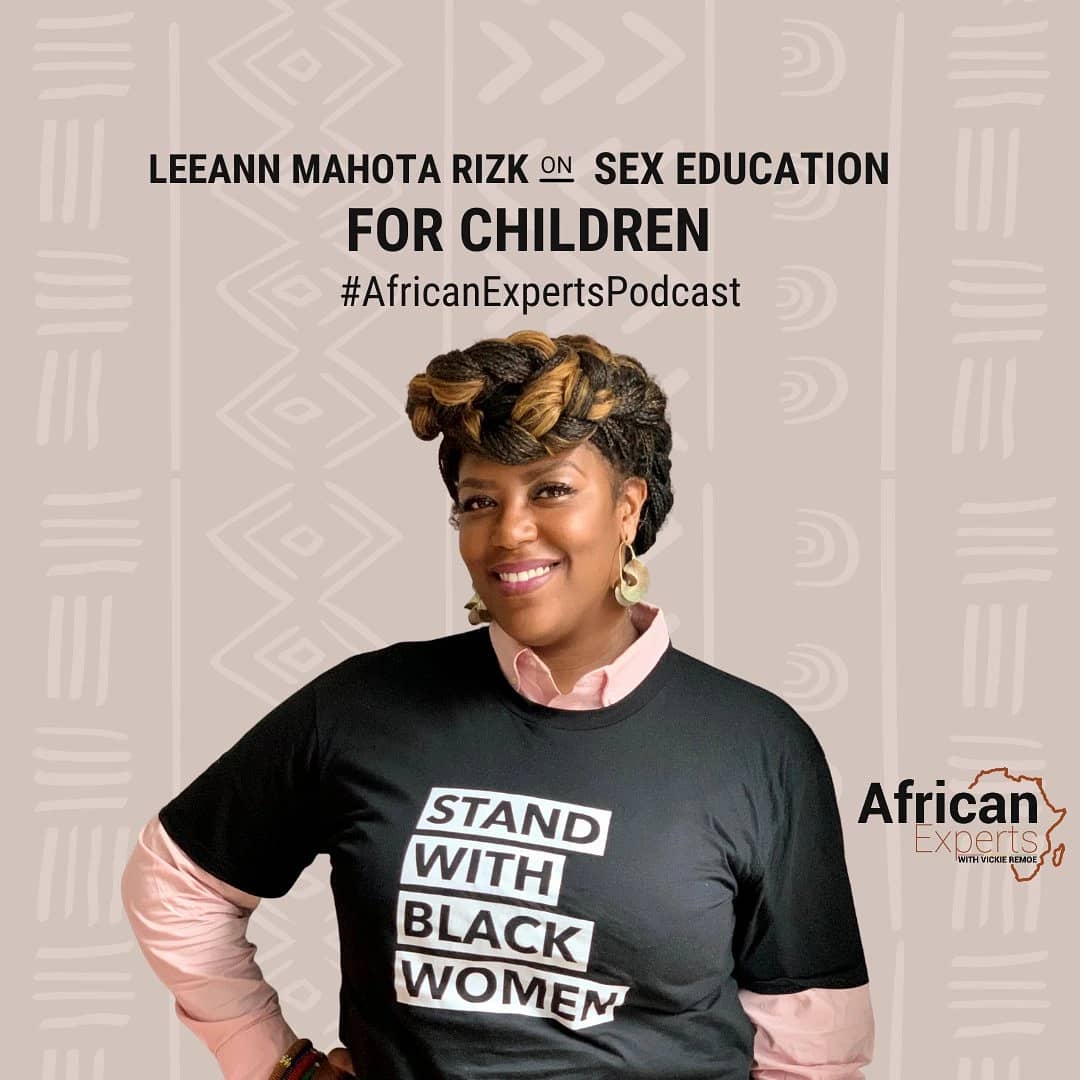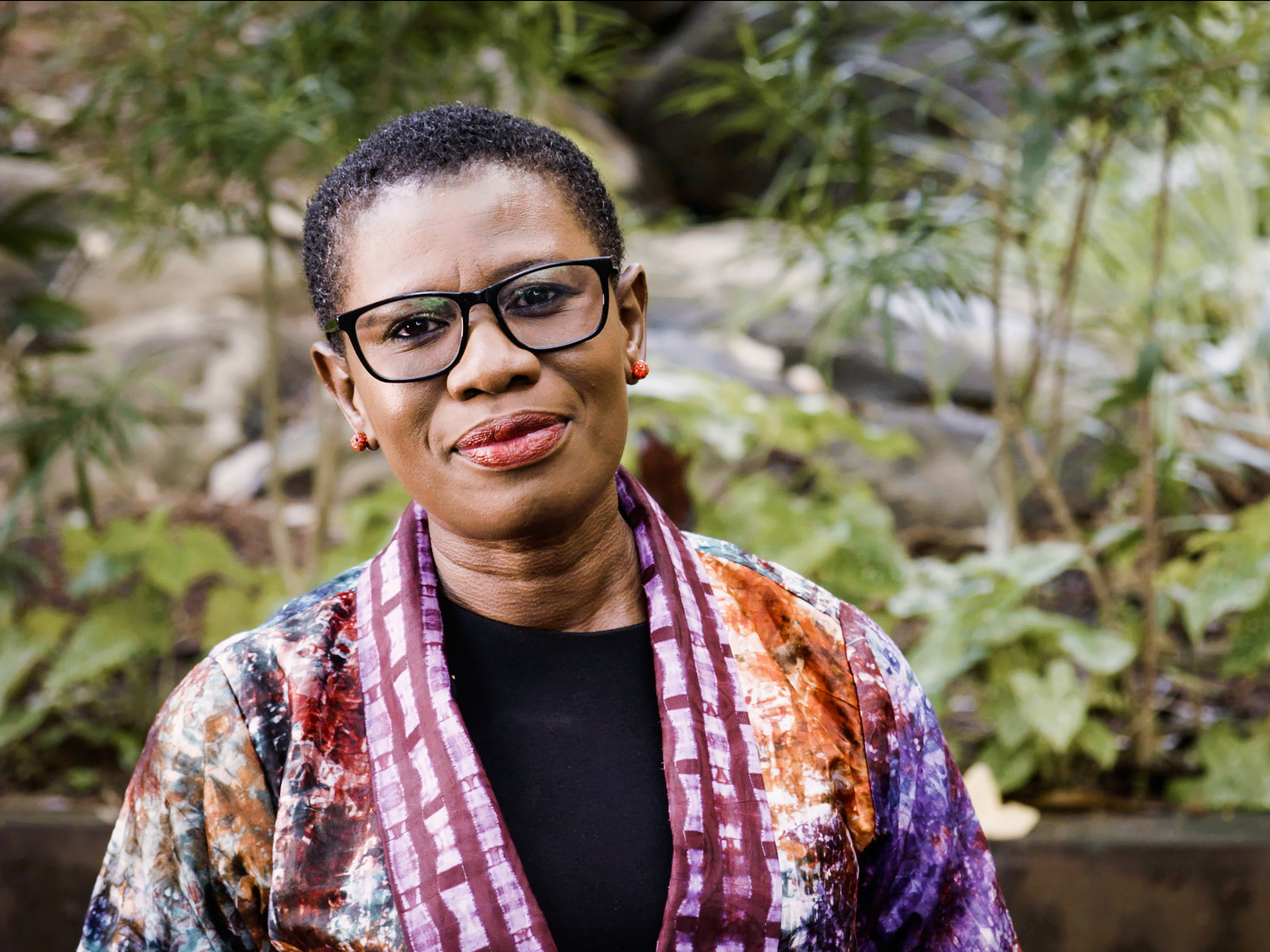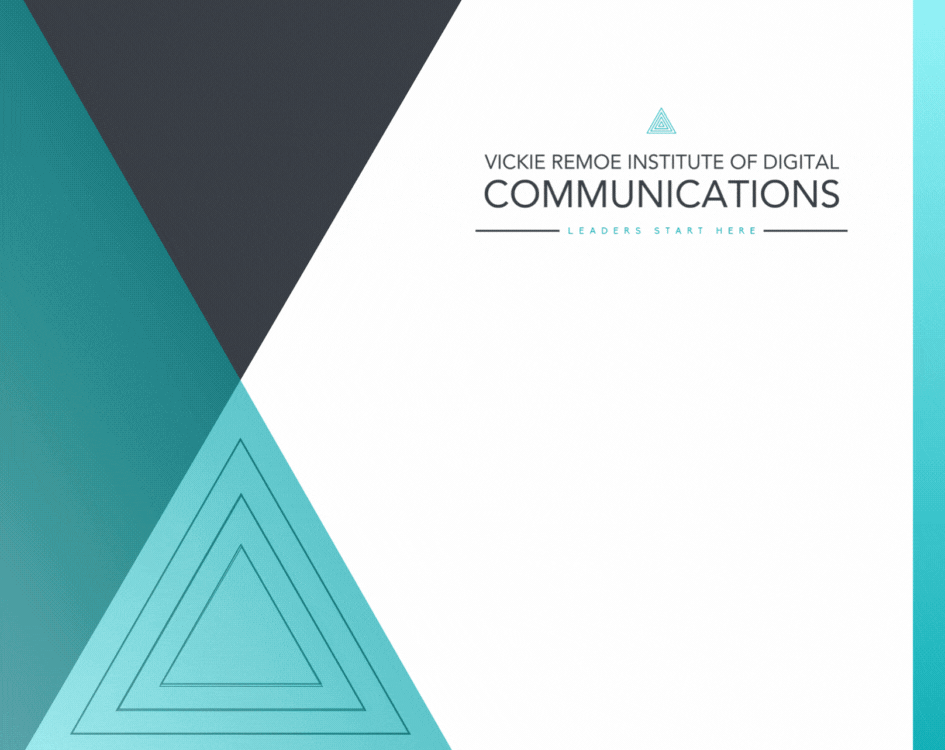
Within Africa, there are restrictions in many homes on having discussions about sex education between the parents and their children. Hence, it’s considered taboo for children to discuss sex because it is believed that it will encourage them to have sex.
The United Nations Educational, Scientific, and Cultural Organization (UNESCO) has described sexual education as teaching about the cognitive, emotional, social, interactive, and physical aspects of sexuality. Research has shown that countries that have implemented quality sexuality education are encountering low teenage pregnancy rates, reducing STDs, and reducing the age of first intercourse.
In the new episode of the African Experts Podcast “Sex Education for Children,” host Vickie Remoe is in conversation with Leeann Mahota Rizk, sex education expert. Vickie and Leeann discussed comprehensive sexual education as a human right and as a matter of long-term sexual wellbeing. They also talk about sex education for children to reduce children’s vulnerability to sexual abuse and sexual violence.
Vickie started the conversation by asking Leean about the barriers that get in the way of children’s access to comprehensive sexuality education?
Leeann responded by saying that key barriers for children to access sexuality education are revolved around the notion that sex should be a secret. So cultural norms and other religious beliefs think that it is morally inappropriate to teach children these topics because adults should be having sex and if children are allowed to discuss sex it will push them to do it.
The second question of the discussion is what happens to a child who grows up being denied access to sexuality education. And is there a gender difference in the way they’re impacted by this lack of information?
The impact of lack of sexual education are many, the results of that are the causes of high teenage pregnancy, early marriage, gender-based violence, FGM, just as we’ve seen in Sierra Leone. With a lack of sexuality education, it’s also a lack of empowerment to have confident children, children who understand how sex works, one who can speak up and advocate for themselves, their body and pleasure.
So in general, it’s a way for people to be able to advocate for themselves and their bodies. ” If I’m not feeling well I should be able to say that and I should be able to articulate what part of my body aches or hurts, without hesitation and not feel like I have to compress it and be strong or put up before it like I’m strong,” she stated.
Leeann was also asked how to start changing the trend here in the continent, where do people start, for example for parents who might have grown up themselves not having access to this information, what can they do to prepare for these conversations or series of conversations. Is there a strategy, how can they make the conversations that they need to have looked less awkward between themselves and their children?
According to her, parents should start having conversations with their kids reflecting on their own life and discuss the mistakes they have made that they don’t want their children to make.
“Reflecting and thinking about your own story is a good place to start because many of us as adults have been through it like it’s not something we haven’t been through or won’t be able to tell our own story.”
Most times parents only discuss with their children sex when issues arise in the wrong way, then they will start explaining what they went through, then that becomes like regurgitation and the child will be surprised to know that.
“I think we’re not doing the job of storytelling, to help us get through it and every parent is capable of doing that, I mean that’s a starting point for me because we all have been adolescents, we all have been children. We all had crushes, we all have relationships, many of us have been sexually active.”
Get more insights about sex education for children by listening to the African Experts Podcast today. Click on the link below to listen now:
Leave a reply
You must be logged in to post a comment.












